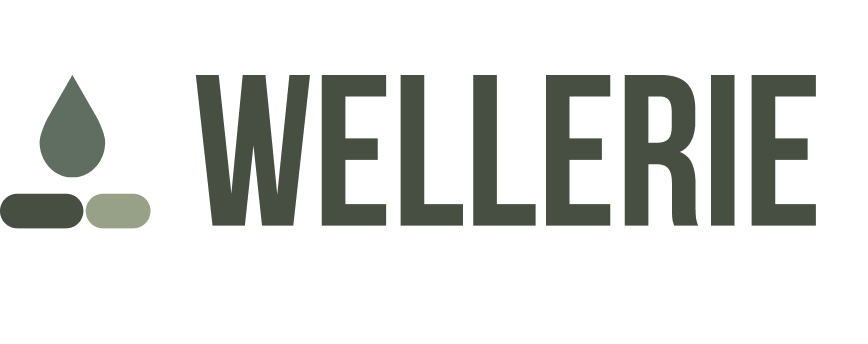In many Indigenous cultures, elders hold a revered and significant role within their communities. They are individuals who are recognized for their wisdom, knowledge, and experience accumulated over a lifetime. The concept of elders can vary among different Indigenous cultures, but their roles often encompass several key aspects:
- Wisdom and Knowledge: Elders are esteemed for their deep understanding of cultural traditions, spiritual beliefs, and historical knowledge. They serve as custodians of oral history, storytelling, and traditional practices that have been passed down through generations.
- Guidance and Leadership: Elders often provide guidance and leadership within their communities. They may offer counsel on important decisions, mediate conflicts, and help maintain social cohesion. Their advice is valued for its depth and alignment with cultural values and teachings.
- Cultural Preservation: Elders play a crucial role in preserving and transmitting cultural heritage. They teach younger generations about traditional practices, ceremonies, languages, and customs, ensuring the continuity of cultural identity.
- Spiritual Role: In many Indigenous cultures, elders are seen as spiritual leaders or advisors. They may conduct or lead ceremonies, offer blessings, and provide spiritual guidance based on their understanding of the community’s spiritual traditions and beliefs.
- Respect and Honor: Elders are treated with high respect and honor within Indigenous communities. Their status is often associated with their age, life experiences, and contributions to the community. Respect for elders is a fundamental aspect of many Indigenous cultures, reflecting values of reverence and humility.
- Role in Education: Elders often act as teachers and mentors, guiding younger members of the community in cultural practices, ethical behavior, and life skills. They may be involved in formal or informal educational settings, sharing their knowledge and experiences.
- Health and Healing: In some Indigenous cultures, elders may also be involved in traditional healing practices. They may possess knowledge of herbal remedies, spiritual healing methods, and other practices related to physical and mental well-being.
In summary, elders in Indigenous cultures are highly respected individuals who are valued for their wisdom, knowledge, and experience. They play vital roles in guiding their communities, preserving cultural heritage, providing spiritual leadership, and mentoring younger generations. Their contributions are integral to the continuity and vitality of Indigenous cultural traditions and practices.





